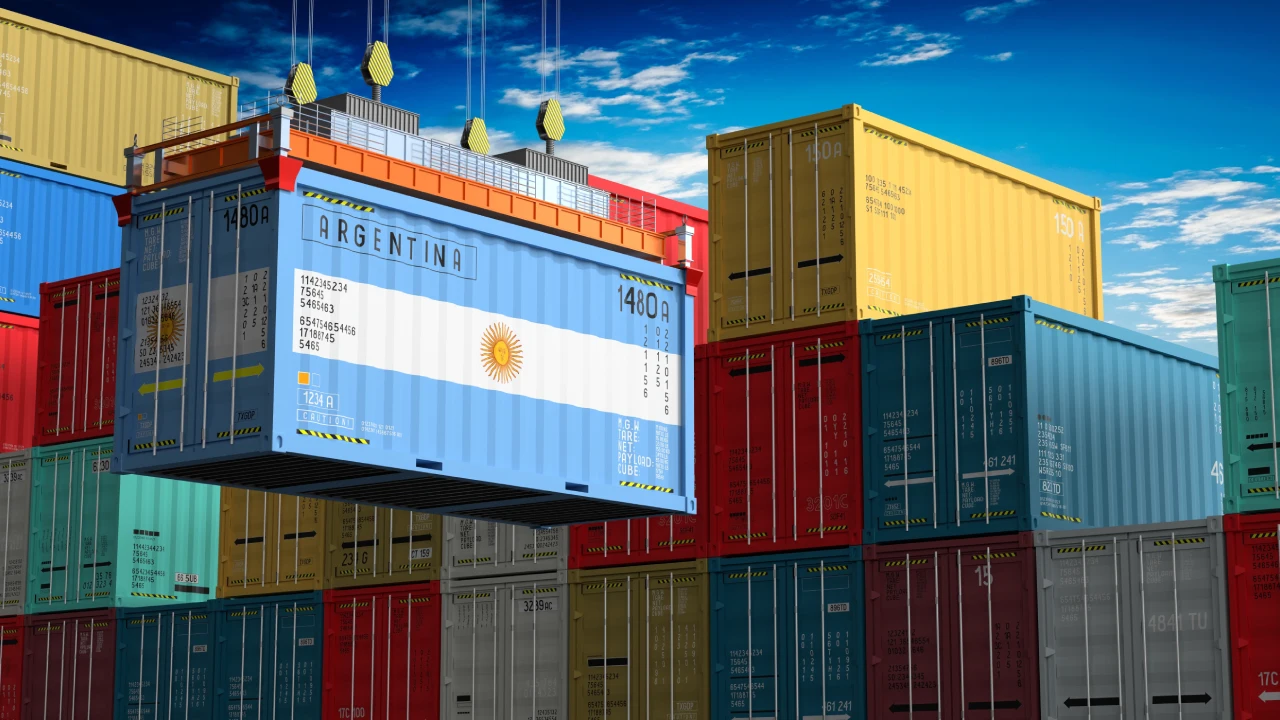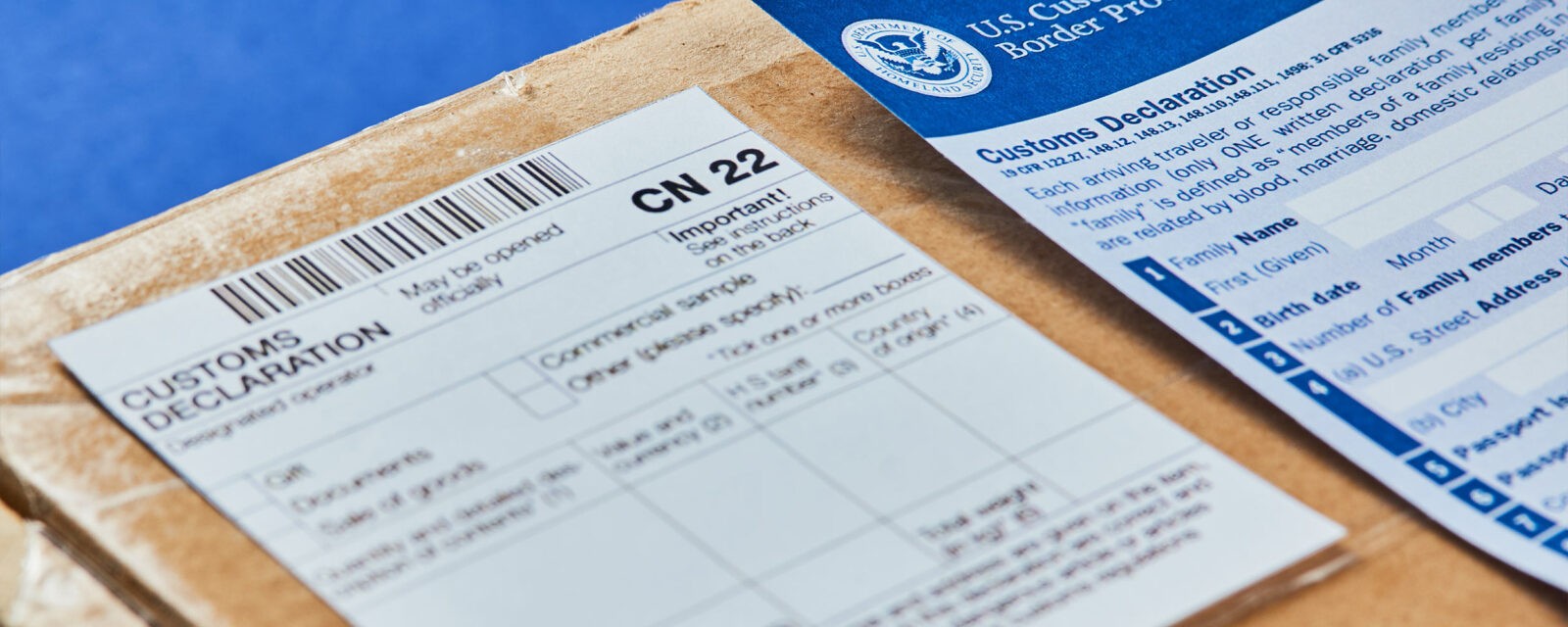
Customs clearance is a necessary process for importing or exporting heavy equipment. Understanding it is essential to ensure a smooth and efficient transportation process.
In this article, we will delve into customs clearance for heavy equipment, including the process, timeframes, factors affecting clearance, the role of customs brokers, and cost-saving tips. Whether you’re involved in the international trade of heavy industrial, agricultural, or construction equipment, yachts and boats, cars, and motorcycles, this guide will provide valuable insights.
What is Customs Clearance?
It refers to the formalities and procedures that must be completed to allow the legal entry or exit of goods through customs. It involves verifying the goods, assessing duties and taxes, and ensuring import and export regulations compliance.
During clearance, the authorities review the documentation provided by the importer or exporter to ensure that all necessary permits, licenses, and declarations are in order. They also inspect the goods to comply with safety, healthcare, and environmental standards.
Clearance is essential to prevent illegal activities, protect domestic industries, and enforce trade regulations. It plays a crucial role in facilitating international trade while ensuring compliance with the laws and regulations of each country involved.
How Long Does Customs Clearance Take?
For heavy equipment, it is generally a timely process, often taking only minutes or hours to complete. However, it is essential to note that the duration can vary depending on several factors. These include the country of origin, type of equipment, shipping method, and the completeness of the required paperwork.
In cases where there are missing documents or the goods require inspection, customs clearance can be prolonged, ranging from several days to weeks. The goods will be held until the necessary documentation is provided or the customs agents have completed their checks.
Factors Affecting Customs Clearance Time for Heavy Equipment
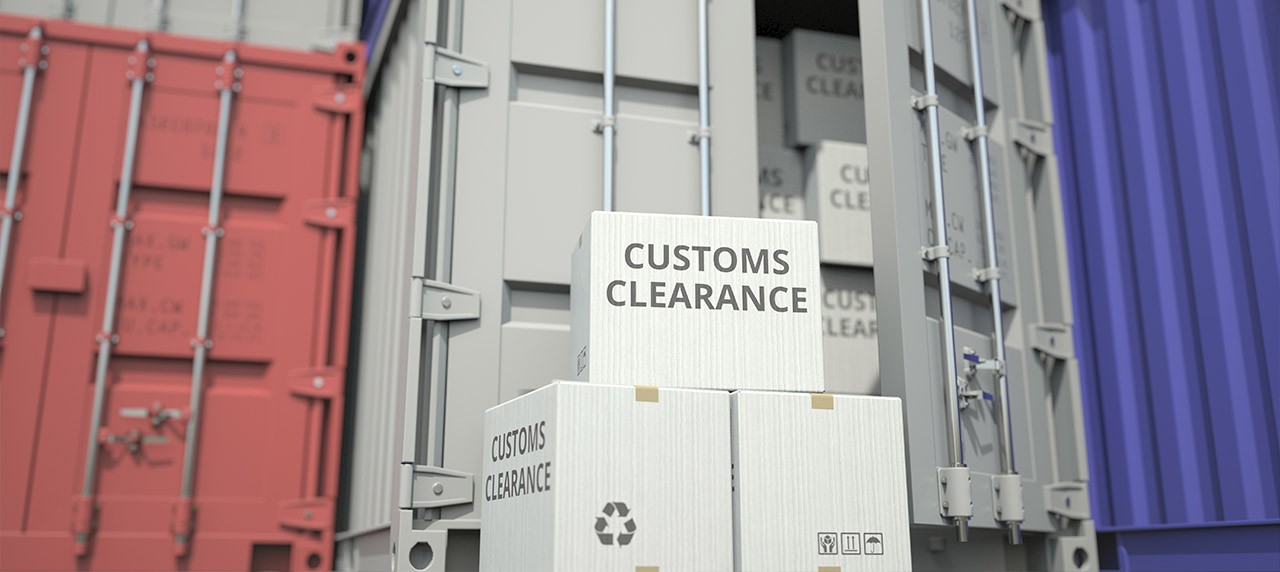
Regarding the process for heavy equipment, several factors can influence the duration of the clearing procedures. Understanding these factors is crucial for importers and exporters to plan and manage their shipments effectively. The following are essential factors that can impact the duration:
- Country of Origin
The procedures and regulations can differ significantly from one country to another. Certain countries may have more stringent requirements, leading to longer clearance times. Researching and understanding the specific processes and potential delays associated with the country of origin is crucial. - Equipment Type and Complexity
The complexity and nature of the heavy equipment being imported or exported play a role in the clearance time. Specialized or intricate equipment might require additional inspections, certifications, or compliance checks, which can extend the process. For example, self-propelled equipment import demands EPA and DOT compliance. USDA equipment washing and inspections are typically required for certain types of agricultural cargo. Being aware of the unique requirements for the equipment can help anticipate potential delays and ensure compliance. - Choice of Shipping Method
The chosen shipping method has an impact on check time. Air freight, ocean freight, and land transport have strict processes and associated timeframes. Air freight generally offers faster clearance due to expedited handling at airports, while sea freight might involve longer processing times due to customs procedures at ports. - Documentation Accuracy and Completeness
The precision and comprehensiveness of the submitted documentation plays a vital role. Incomplete or inaccurate paperwork can lead to delays and additional scrutiny by authorities. Ensuring all necessary documents, including invoices, certificates, and permits, are correctly filled out can help avoid unnecessary hold-ups during clearance.
Understanding the Role of the Us Customs and Border Protection Agency
The responsibility of enforcing customs laws and regulations within the United States lies with the US Customs and Border Protection (CBP) agency. Their primary role is to implement import and export requirements, including overseeing the customs clearance process for heavy equipment. In 2020, the United States imported a significant number of motor cars, totaling around 6.5 million. This highlights the substantial workload that the CBP handle.
How Does Heavy Equipment Clear Customs?
The process for heavy equipment typically involves the following steps:
Document Submission: Submitting the necessary paperwork, including the bill of lading, commercial invoice, packing list, and any required permits or licenses
Inspection: The equipment may undergo a physical examination to verify its condition and compliance with safety and environmental standards
Customs Duties and Taxes: Paying any applicable duties, taxes, and fees based on the assessed value of the equipment
Release and Delivery: Once you clear customs, the equipment is released and can be transported to its destination
Using Equipment That Hasn't Cleared Customs
Using such equipment is illegal and can result in severe consequences, including fines, penalties, and the seizure of the equipment.
What is the Method of Calculating Customs Charges?
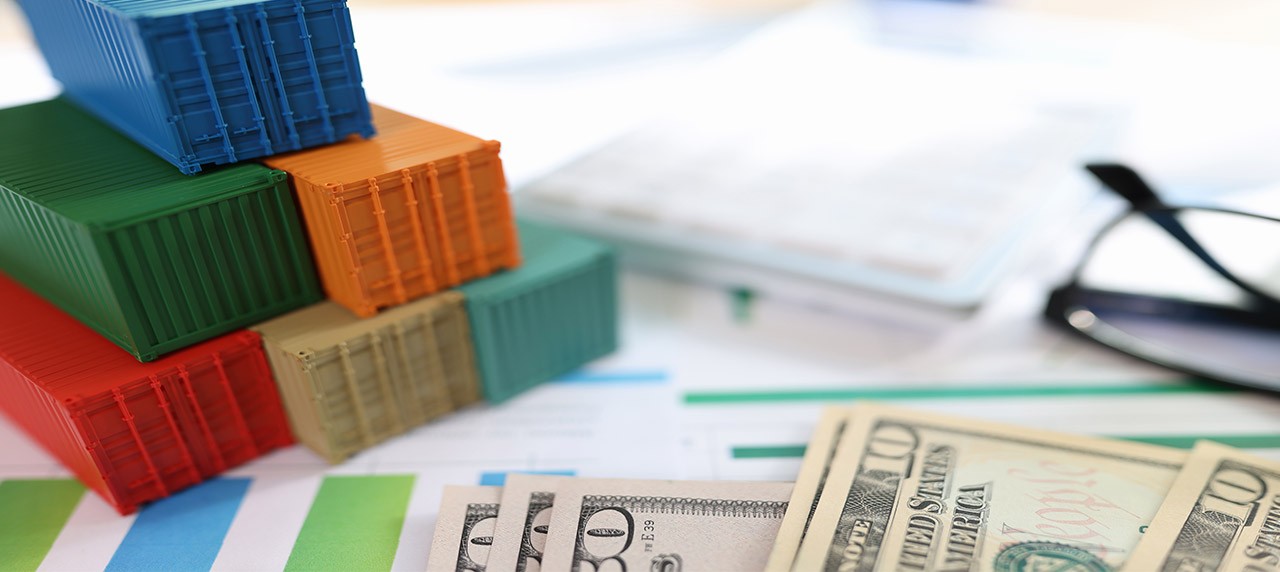
The calculation of customs charges takes into account various factors, such as:
- Duty: It refers to a tax levied by a country on goods that are imported. The calculation involves determining a percentage based on the product’s value, which is determined by its commodity code and the corresponding duty rating
- Additional Costs: Charges may include expenses incurred when customs hold goods. These costs can include fees for tests or X-rays conducted to ensure compliance with safety or quality standards. Importers may also be responsible for storage fees if goods are held beyond the designated free-time period
- Anti-dumping Duty: Specific products may be liable for anti-dumping duty. Countries impose this duty to protect domestic manufacturing and discourage the import of goods at prices lower than the supplier’s native market rate. The respective governments regularly update the applicable products and duty rates.
Is It Possible to Reclaim Customs Duties?
In some cases, it is possible to reclaim customs duties. If an importer can demonstrate that the goods imported were subsequently re-exported or if they qualify for specific duty relief programs, such as duty drawback or temporary importation, they may be eligible to reclaim the paid duties.
The role of a customs broker involves being a licensed expert who focuses on import and export regulations and procedures. Their primary responsibility is to streamline the import and export of goods by managing the required documentation, compliance obligations, and communication with authorities. By acting on behalf of importers and exporters, brokers ensure a seamless and efficient processes.
Advantages of Customs Brokerage:
Here are some of the benefits of working with customs brokers:
- Ensures seamless product shipping while verifying compliance with customs regulations
- Helps companies maximize savings by navigating trade agreements that reduce shipment problems and associated duties and taxes. Examples include ASEAN, JPEPA, and the EFTA free trade agreement
- Customs brokers assess product handling capabilities and provide safe shipment alternatives if they cannot handle specific goods
- External evaluation enhances the relationship and offers valuable advice on merchandise goals and business models
- Accurate paperwork allows for error correction and identification of missing information while companies remain responsible for filing and paying taxes and duties.
How to Avoid Extra Expenses on Customs?
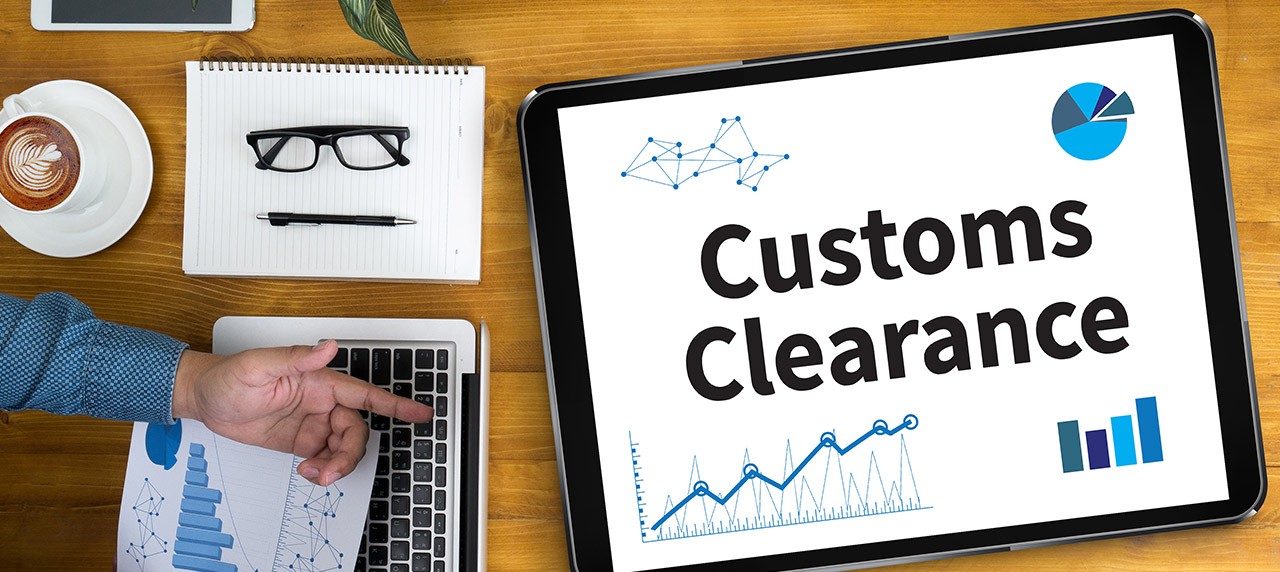
There are several strategies to avoid extra expenses on customs when importing or exporting heavy equipment:
- Thoroughly Review Documents
Triple-check all documents and signatures to avoid costly mistakes. Ensure all information is accurate and matches the requirements to prevent unnecessary expenses or delays. - Explore Exemptions
Look for any available exemptions that may apply to your situation. For instance, certain vehicles, like electric or hybrid cars, may qualify for discounts due to their environmentally friendly features. - Select a Reliable Shipping Company:
Choose a trustworthy shipping company with verified and authentic positive reviews online. This helps ensure a smooth and secure import process, reducing the risk of falling victim to scams or fraudulent practices. - Optimize Packaging and Shipping:
Efficient packaging and shipping methods can help reduce costs. Consider consolidating shipments, utilizing appropriate packaging materials, and selecting the most cost-effective shipping routes or modes. - Customs Brokerage Services:
Engaging the expertise of a customs broker can help navigate customs regulations efficiently and potentially reduce costs.
Get the Best Help to Clear Customs.
Customs clearance for heavy equipment is a critical aspect of international trade. Understanding this process, factors affecting clearance time, charges, and the role of a customs broker can help importers and exporters navigate this complex procedure efficiently.
Read More
